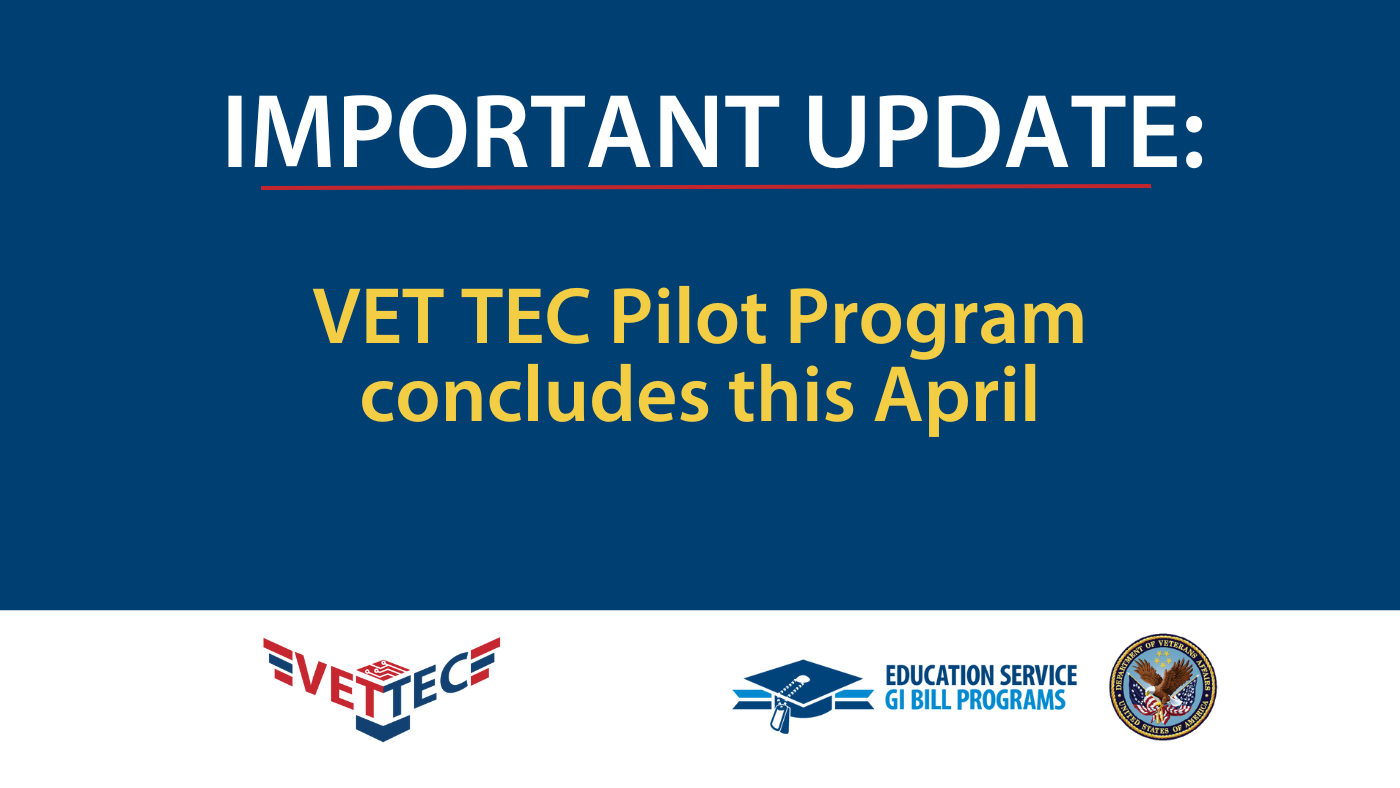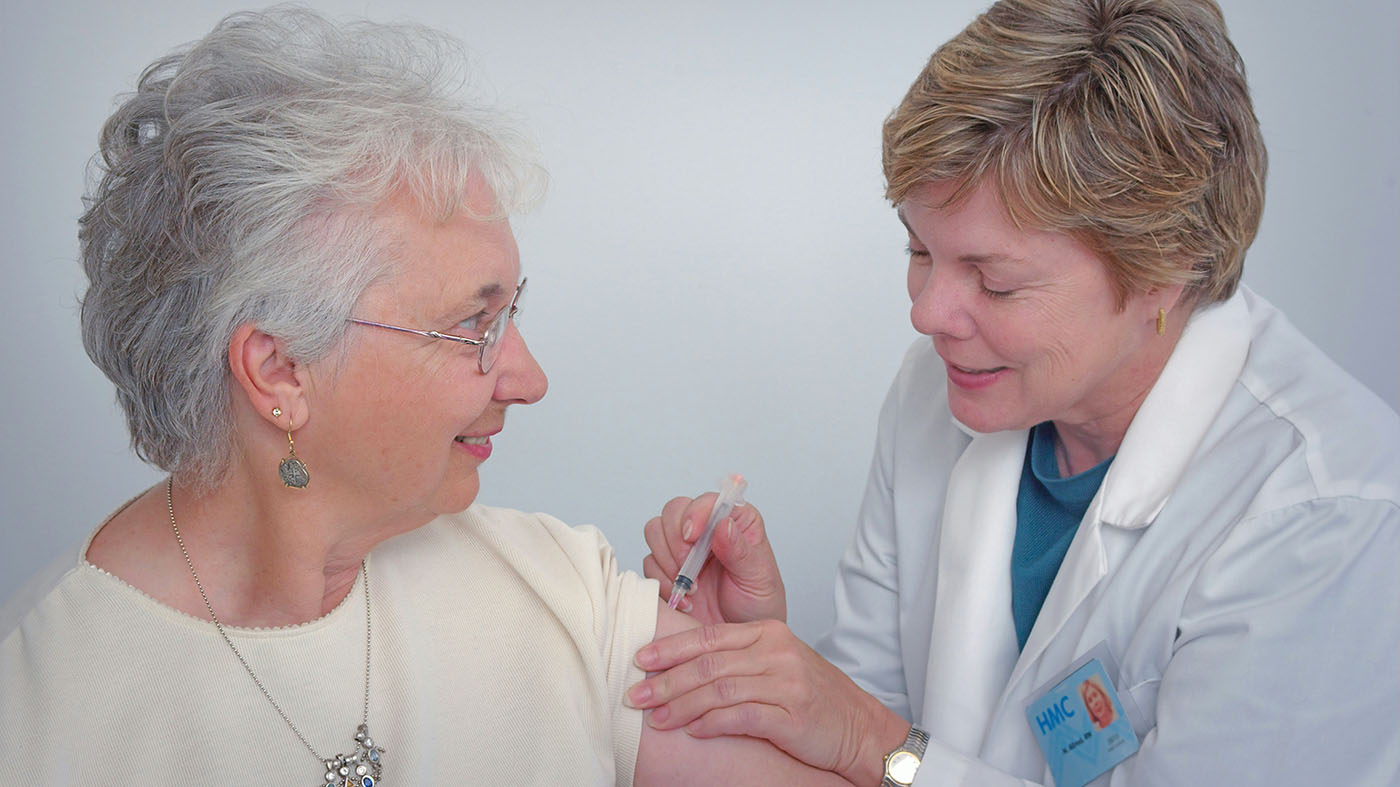When I started college in 2008, not even back a year from Iraq, the process was a little difficult to manage. My school offered GI Bill paperwork support but not much when it came to how to navigate the various offices on campus. There didn’t seem to be a Veterans group, and I bounced from one class to the next, hoping everything was lined up right.
Luckily, campuses across the country have begun to realize the significance of Veteran support on campus, and many have taken action to bolster recruitment efforts, break ground on dedicated support centers, and offer streamline services across various administrative offices.
But one component is often missing: a connection between student Veterans and the faculty there to educate them.
At Georgetown University, the recently launched Vet Ally pilot program brought professors, administrators, and other staff together with student Veterans for a seminar on the strengths and challenges that student Veterans face. And to get more acquainted with military culture, student Veterans offered insights into their experiences. From Stars & Stripes:
The format and topics were based off similar events popping up across the country in recent months. David Shearman, coordinator of the school’s veterans office, said the number of current and former military members on campus has jumped in recent years from a few dozen to more than 500.
“The professors know stuff on how to deal with veterans day to day, help them with basic issues that come up in class,” he said.
“But they don’t always know why students joined the military, what serving overseas really means, what they mean when they talk about a FOB.”
There’s a lot of talk on the gap between civilians and Veterans, and as Vets increasingly choose college as their first point of reintegration, it’s becoming even more important to get faculty and fellow students on the same page to help propel Veterans into the next stage of their lives.
Topics in this story
More Stories
Over the five-year program, more than 14,000 VET TEC beneficiaries completed their program and nearly half have reported finding meaningful employment with an average starting annual salary of $65,000.
VA is calling for applicants for the 2024 Specially Adapted Housing Assistive Technology grant.
Updated COVID vaccines are available free of charge to Veterans receiving care at VA .








The Vet Ally pilot program sounds like a great initiative that should definitely be implemented by other colleges around the nation. The divide between school administrators and veterans can easily be bridged by increasing the understanding of each other, by both parties. The only way to do this is communication. Good on Georgetown for taking the first step.
Thanks for addressing this. I qualify but it seems the large demand has overwhelmed the Regional Office – hard to get answers there – plus V.A.-Saavy Admissions Staff at my local colleges and Universities are non-existent. Hopefully time and experience will allow the theory of using the newest GI Bill to become a reality.
The VA Campus Toolkit can help with this: http://www.mentalhealth.va.gov/studentveteran/
VA Campus Toolkit
Provides college faculty, staff, and administrators with resources to support student Veterans who are adjusting to campus life.